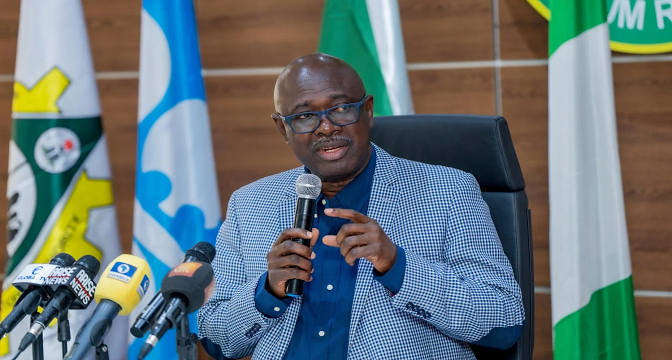
In 2020, Nigerians were taken aback when Aisha Bala Mohammed, the First Lady of Bauchi State, proudly distributed bags of pure water as part of an “empowerment initiative.” This was pure water—an item that costs just ₦20 on the streets. It was a moment of embarrassment, yet it failed to ignite widespread outrage. Instead, people chuckled, sighed, and moved on, treating it as just another day in Nigeria.
Now, in 2024, we witness a backlash against Seyi Tinubu for providing rice to those in need. The same nation that overlooked a governor’s wife distributing sachets of water is now outraged because the president’s son is offering food. The irony is almost laughable.
Let’s be clear. Regardless of personal opinions about Seyi Tinubu, he did not remain in a comfortable office making hollow promises. He traveled to the North, where hunger is a pressing issue, and distributed food—rice, a staple that families can prepare and consume. Yet, instead of acknowledging the reality of suffering Nigerians and the effort to assist, the focus has shifted to the identity of the benefactor.
Adding to the absurdity, one of the most vocal critics of Seyi Tinubu is the son of Aisha Bala Mohammed—the same individual who believed that giving out pure water constituted empowerment. If anyone should refrain from commenting, it would be him. But this is Nigeria, where selective outrage seems to be a common pastime.
see more: Nigerian governors endorse Tinubu’s tax reforms
This situation transcends Seyi Tinubu and rice; it highlights the double standards people apply when it suits their narrative. If another politician’s child had engaged in the same act, they would likely receive accolades and media attention. However, because it’s Seyi, the narrative shifts. The reality is that people will always find reasons to criticize him, regardless of his actions.
Ultimately, the question remains: Would you prefer a politician’s child who takes no action, or one who at least attempts to make a difference? When pure water was handed out as “empowerment,” there was far less outcry.



